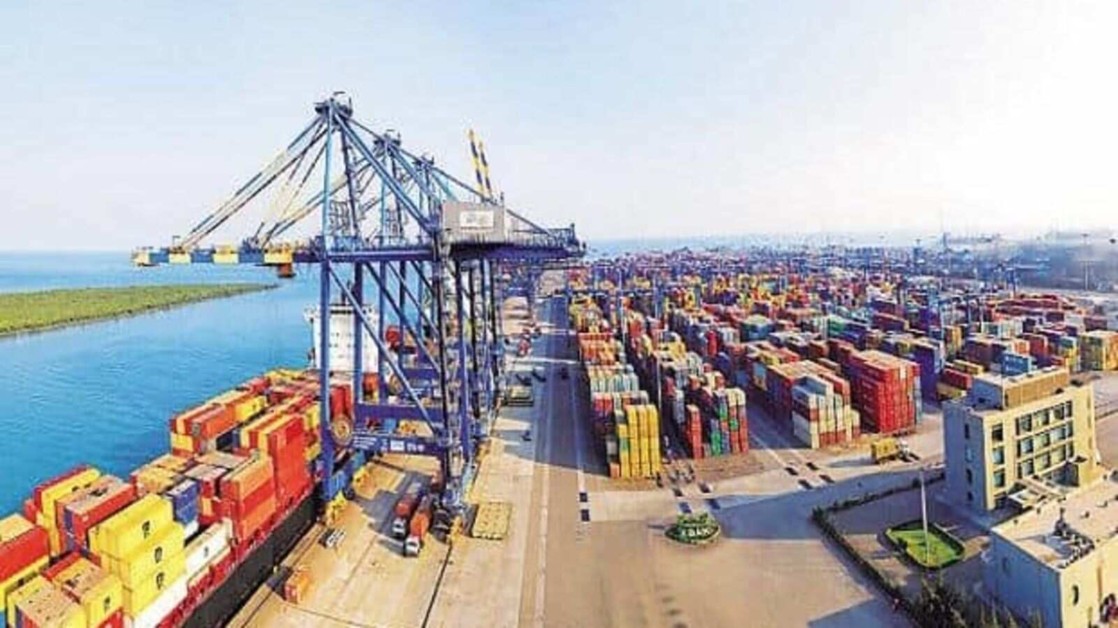The Ministry of Ports, Shipping and Waterways has started work on revising the so-called model concession agreement for public-private-partnership (PPP) cargo terminals at major ports three years after it was last amended to make the terms “more investor friendly” given the need for large private funds as state-owned ports move to a landlord model of operations.
A concession agreement sets out the terms and conditions of a port contract and puts the project in motion.
Under the landlord model, the publicly owned port authority provides common/basic infrastructure such as dredging and breakwater while the cargo handling activities are outsourced to private specialists on long-term contracts or concessions.
On 4 September, a panel set up by the Ministry discussed with private firms the areas that needed refinement.
The model concession agreement was last amended in 2021, making it significantly better than the earlier versions. It was finalised after the Major Port Authorities Act 2021 – the law that governs major ports – came into force, allowing cargo handlers (both state-owned and private) to set market driven rates, by dismantling the rate regulator which existed when these ports were run as trusts.
“The Ministry’s intention is to make it more investor friendly. Probably they think there are still some provisions which are not favourable to the private investors and lenders. They wanted to understand the concerns/problem areas from the private operators and see how best it can be improved upon,” said a person who attended the 4 September meeting.
“We don’t know how much time they will take to finalise the amendments, but at least they are trying to understand the problems, because their objective is to go for 100 percent landlord port model. For that, lot of private investments are required. They have to make the terms and conditions very attractive, otherwise private investors will not come,” said a second executive who attended the deliberations. Some of the terms in the current model concession agreement that has roiled the private investors and lenders include clauses relating to debt due, total project cost, creation of charge, minimum guaranteed cargo, Wholesale Price Index escalation on royalty payments and compensation payable in the event of termination.







